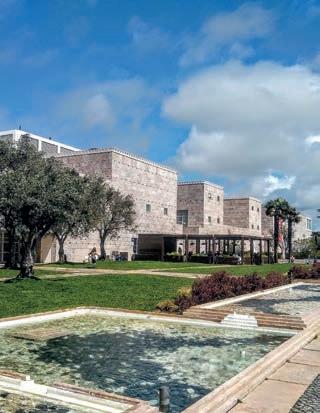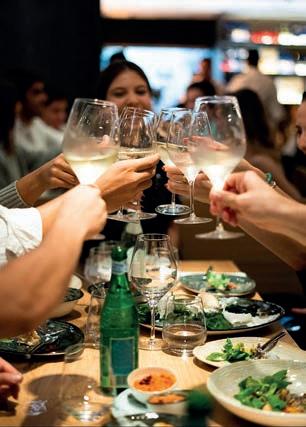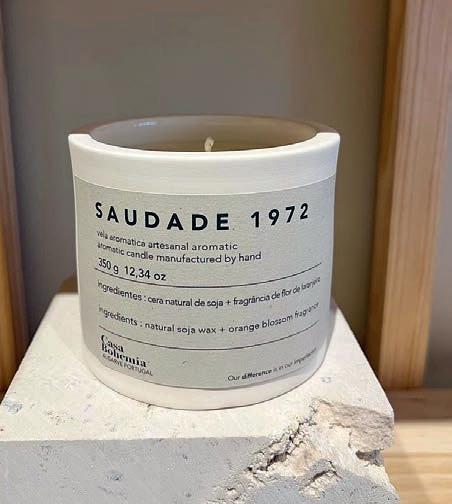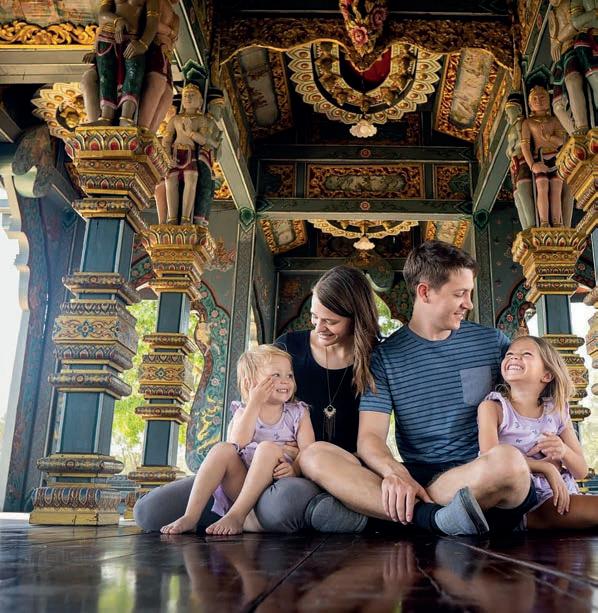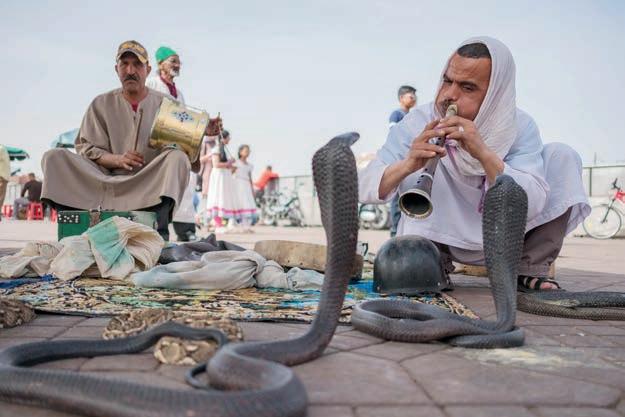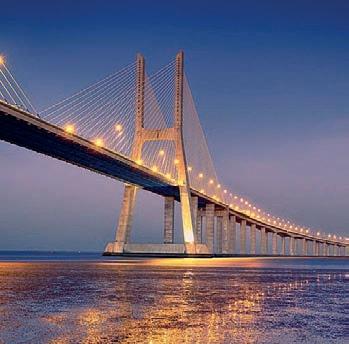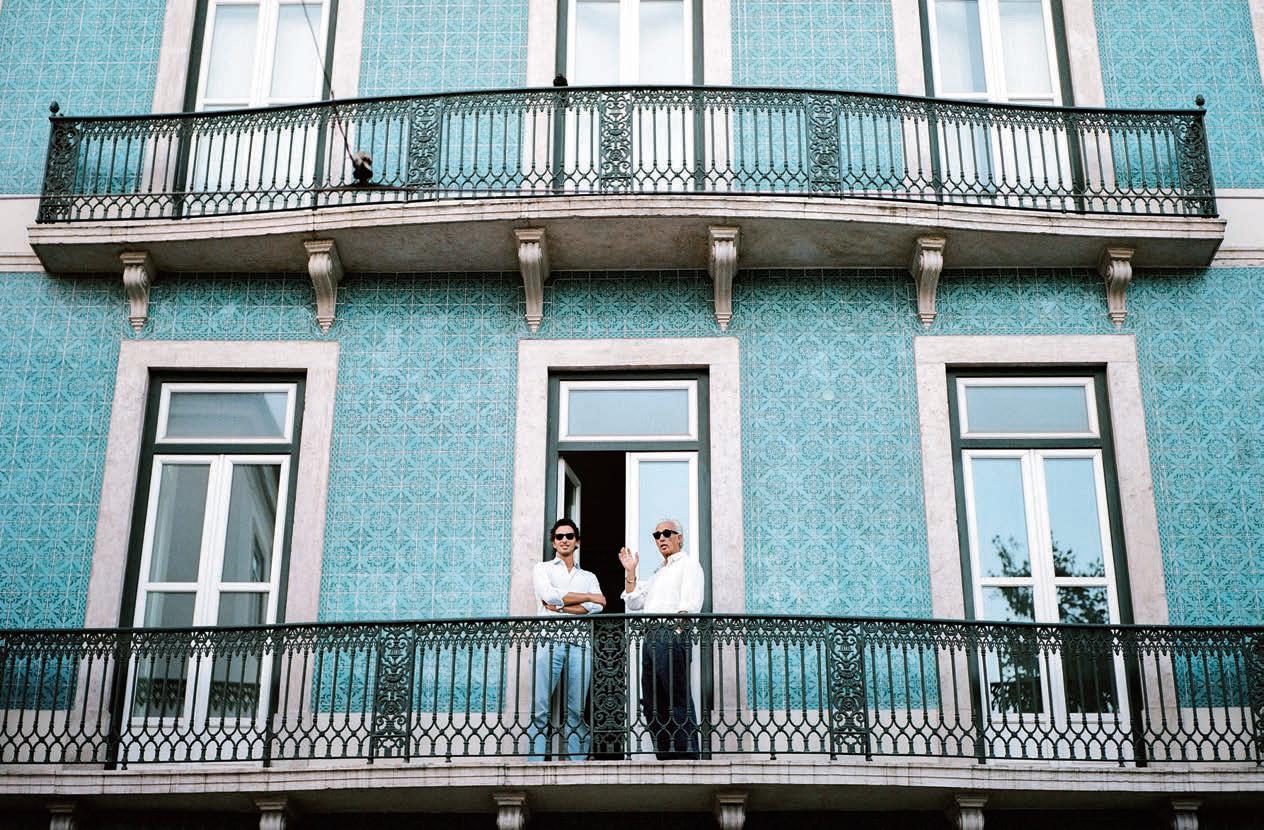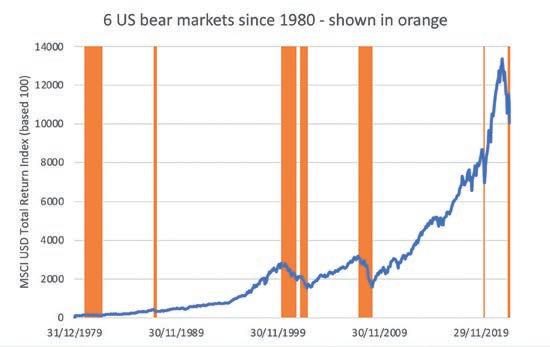
4 minute read
Xpat Files - Sal Gordon
THE FUTURE’S GREEN
The Green School was established by John and Cynthia Hardy in 2008. As the legend goes, John had gone to see Al Gore’s An Inconvenient Truth and it moved him deeply. He wanted to act in a way that would have a real, positive impact on the world for his kids and all future generations, and he saw education as the way to do that.
Advertisement
ohn and Cynthia wanted education to offer possibilities for students that were relevant to the future. At the time, they had two school-age kids and were looking at homeschooling as being preferable to sending them to a traditional school.
WHEREVER catches up with Sal Gordon, the head of this very different school.
What first brought you to Bali?
I was in Australia trying to create innovation and transformation from within the traditional, public school system, where I was designing units around sustainable education. Despite working within that system, I didn’t feel like a traditional school was something I wanted my own kids to be a part of. I found Green School Bali – a place that was so outside the traditional paradigm and innovating to the point of helping create a new paradigm that prepares kids for the C21st. As a parent, I was more than happy to bring my kids to the school. That was almost a decade ago now.
Was it a childhood dream to run a school? I love my job. I love this school. But I wouldn’t say it’s a childhood dream. I wanted to be an

astronaut! But I try to infuse my own childhood dreams and longings for play and creativity into this school.
It sounds like paradise. We agree that the current educational system is clearly outdated. How hard / easy was it to create something out of the usual boundaries?
I think one thing we realised quickly is that this idea would not succeed if we didn’t bring the entire community along for the journey - that means not just students and teachers but also parents, staff, local government, neighbouring villagers, environmental organisations on the island, and so on. Cultivating a keen sense of community has since become foundational to what we do at Green School.
Initially, we had the choice of boarding at Green School but eventually we realised how essential it was for parents to be part of the learning journey alongside their children. The more we’ve come together as a community in this education revolution, the more we enrich, nourish and motivate each other. If our campus is the beating heart of Green School, our community is the lifeblood.
What really motivated you to push the boundaries of traditional education and set up the Green School?
I’ve always been someone who thinks outside of the boundaries, so I guess I didn’t need much motivation there. What I’ve known since joining Green School is that what we create here will inspire a new kind of future - one that is balanced and able to support all life. To achieve that balance, we need to first create a more balanced definition of success. Right now, it’s all about achievement and profit and progress. At Green School, we look at how our students are progressing holistically, including knowledge and skills acquisition, yes, but also looking at how they are internalising and demonstrating our iRespect values - integrity, responsibility, equality, sustainability, peace, empathy, community and trust.

The way we’ve co-evolved with our community is also something that, in my opinion, the world needs more examples of. Schools shouldn’t exist in silos but be cultural hubs for their communities. This is how we make the world a better place. This is one of the many things that makes Green School so unique. It says it in our mission - we have a community of learners - and we stick to that. Rather than being a place where parents leave their children at the curb, we have a living community of learners - meaning both students, parents, and everyone else involved - who have a lot of interaction with each other so we’re all furthering each other’s learning. In fact, Green School has about 10% of its students from the local community, kids from the local villages. We have the largest local scholarship programme of any international school in Indonesia, and we’re immensely proud of that. We also have a programme after school for local kids to come and learn English and computer skills, which has been hugely powerful for them.

